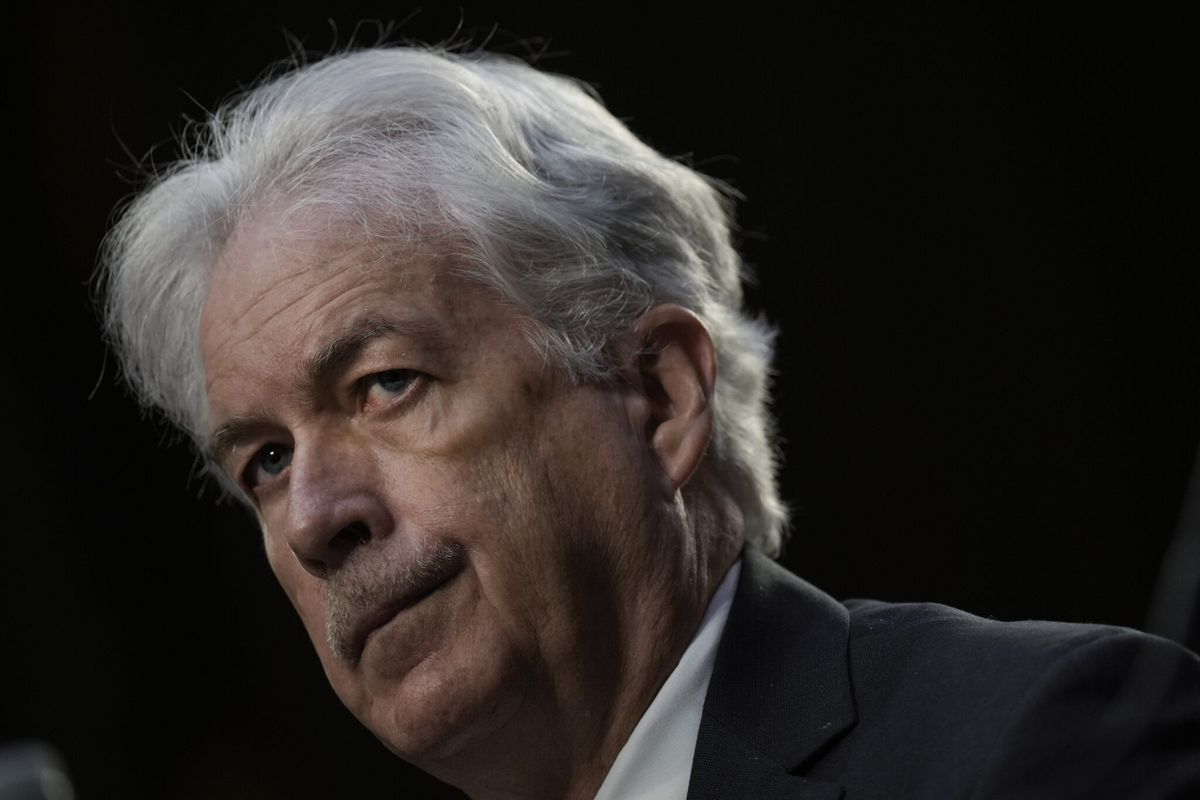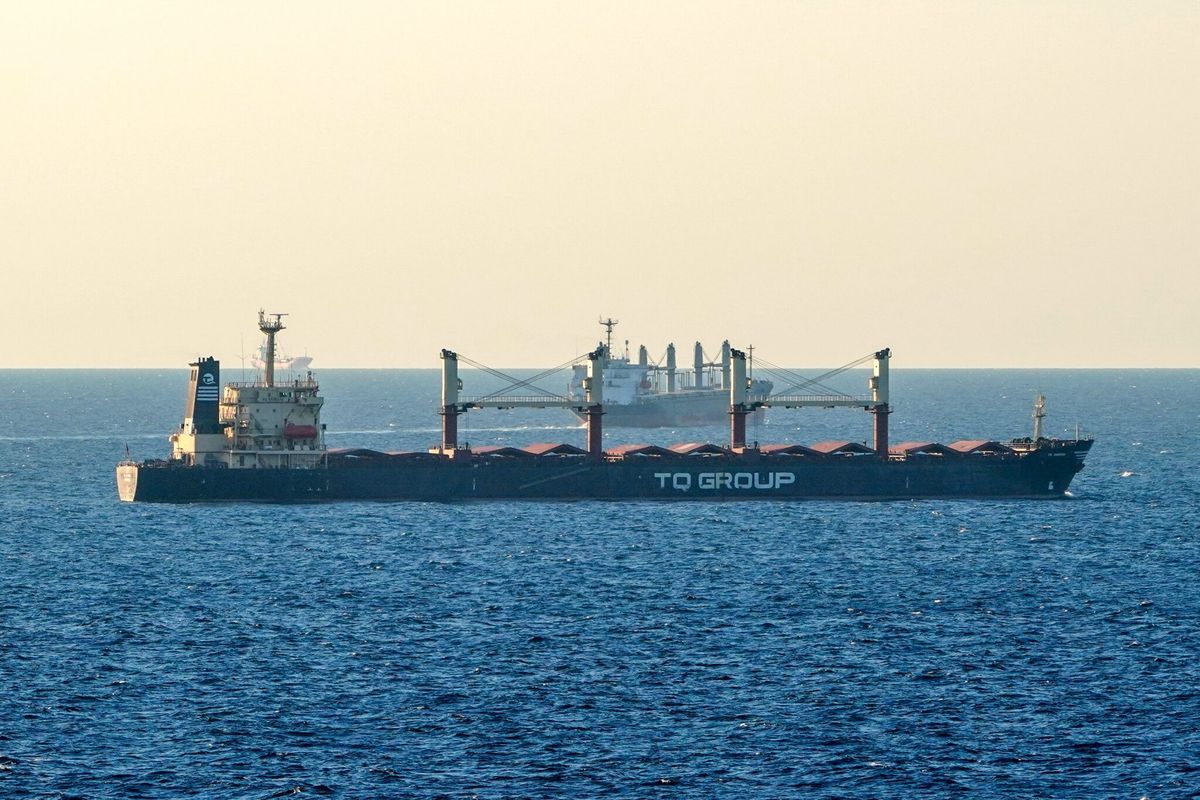CIPHER BRIEF REPORTING — NATO may eventually need a new name, or at least more of a polar focus, the Chief of U.S. Naval Operations suggested Wednesday.
“As we talk about [the North Atlantic Treaty Organization], we usually frame it thinking about the transatlantic relationship,” Admiral Michael Gilday told a Brookings Institution crowd in Washington, D.C. “Over time, we'll begin to talk more and more about the transpolar nature and interest involved there.”
With Sweden expected to join the alliance, potentially ahead of a July summit in Vilnius, Lithuania, seven of the eight Arctic Council states will soon look to Brussels in coordinating their forces. Russia alone will not.
In a region replete with natural resources, and with opening “trade routes between Asia and Europe [that] will fundamentally change in our lifetime due to the erosion of the polar ice caps … the Arctic becomes now an area of competition that we must think more deeply about,” said Gilday.
America's highest ranking naval officer used Wednesday's forum to reiterate a call he made last month for a massive multi-national naval exercise in the high north.
“Just as we have a RIMPAC exercise every two years, I could see in the future that we would have an exercise – not necessarily led by the United States, but led by another country – that would be centered on the polar ice rim," he told the First Sea Lord’s Sea Power Conference in London in May. Considered the world's largest international maritime warfare exercise, the "Rim of the Pacific Exercise" or RIMPAC involves forces from the U.S., U.K., Australia, Canada, and New Zealand.
Such an exercise, however, would appear to break from historical custom.
Largely shielded from geopolitical turmoil (akin to U.S.-Soviet space cooperation during the Cold War), that “bubble around the Arctic,” as founding director of the Wilson Center's Polar Institute and chair of the U.S. Arctic Research Commission Michael Sfraga once put it, now appears to be popping.
Looking for a way to get ahead of the week in cyber and tech? Sign up for the Cyber Initiatives Group Sunday newsletter to quickly get up to speed on the biggest cyber and tech headlines and be ready for the week ahead. Sign up today.
“It can’t be business as usual,” Norwegian Prime minister Jonas Gahr Støre said last month, after his country took over Russia's chairmanship of the Arctic Council – the principal intergovernmental body that underpins coordination and interaction (though not security) among Arctic states.
At the time of Russia's invasion of Ukraine, Moscow was in the midst of a two-year council chairmanship. But its aggressions against Kyiv soon-after prompted the remaining seven Arctic states to suspend their cooperation with the Kremlin. (Russia had been similarly suspended from the Arctic Chiefs of Defense Forum – considered the longest running Arctic military gathering – after its 2014 annexation of Crimea.) Following the more recent suspension, Russia's top Arctic diplomat, Nikolay Korchunov, warned that the move would "inevitably lead to the accumulation of the risks and challenges to soft security in the region." In a subsequent interview with the state-owned news agency, Tass, he expressed that Russia was “already conducting an active dialogue on the Arctic agenda” with other interested countries.
China, however, already had an eye trained north.
In 2018, Beijing said in its first official Arctic policy paper that it was planning for a “Polar Silk Road.” The document referred to China – which is one of 13 “observer” states to the Arctic Council – as an “important stakeholder in Arctic affairs,” laying the ground-work for what U.S. Director of the Scripps Institution of Oceanography Margaret Leinen described as Chinese “mega projects.” Its focus, per the policy document, homes in on expanding infrastructure, shipping routes, and energy exploration over what has become an ever-more active polar region, with approximately 13 percent of the world’s undiscovered oil and 30 percent of its untapped natural gas residing in the high north.
“China would be more than willing to help” Russia, explained Liselotte Odgaard of the Norwegian Institute for Defense Studies during a 2022 Hudson Institute forum, pointing to mutual benefits in shipping and resource cultivation, while also noting the development of Sino-Russian dual-military-and-civilian-use satellite systems and ground stations.
In April, perhaps in a sign of further Arctic collaboration between Moscow and Beijing, representatives from China’s Coast Guard traveled to Russia's Murmansk, the world’s largest Arctic city, to sign a wide-ranging anti-terrorism, migration, illegal fishing, and anti-drug-smuggling agreement with Russia’s Border Guard Service, according to what Vladimir Kulishov, the director of the FSB Border Service, told state media.
NATO, for its part, seemed to have taken note.
The massive Arctic naval exercise that Gilday called for would include "about 30 navies and tens of thousands of sailors."
Read more expert-driven national security insights, perspectives and analysis in The Cipher Brief because National Security is Everyone’s Business












